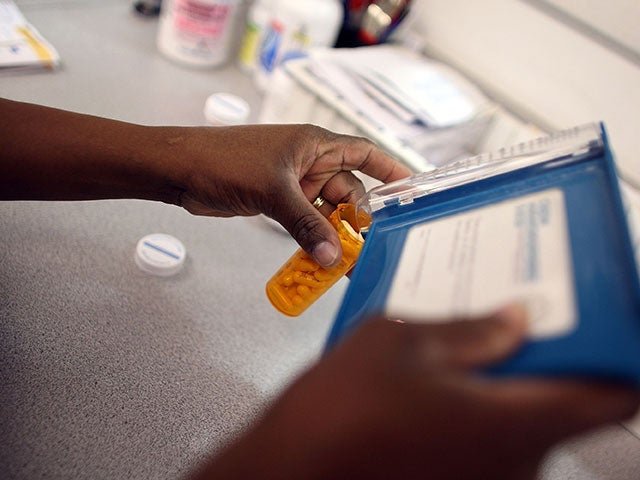Antibiotics: Why are we taking so many and why is that such a bad thing?
How did the UK develop an 'antibiotic addiction' and how can we stop?

What’s the problem?
GPs have been criticised for giving out too many antibiotics to patients who don’t need them. Experts have warned that the UK is “addicted to the idea of having antibiotics” and drastically needs to change its ‘antibiotics culture’ or it risks causing patients more harm than good.
How can taking medicine be a bad thing?
Antibiotics are key in fighting a number of infections, from a simple ear infection to a more developed infectious disease. However, the more that we use antibiotics, the less effective they become as the infections evolve and become resistant to the medicine.
How bad is it?
New research suggests that nine out of ten GPs feel pressurised to prescribe antibiotics and that 97 per cent of patients who ask for them, get them.
How much is this costing the NHS?
£192 million-worth of antibiotic prescriptions were issued by the NHS last year.
What needs to change?
The National Institute for Health and Care Excellence has called for greater regulation of how GPs prescribe the drugs. In some cases, they suggest that doctors should be referred to the General Medical Council for issuing “too many” prescriptions, meaning they could have their power to practise as a doctor revoked.
This idea has been rejected by the Royal College of GPs who believe such an approach would be too heavy handed and argue that we need “societal change” rather than more regulation.
Join our commenting forum
Join thought-provoking conversations, follow other Independent readers and see their replies
Comments